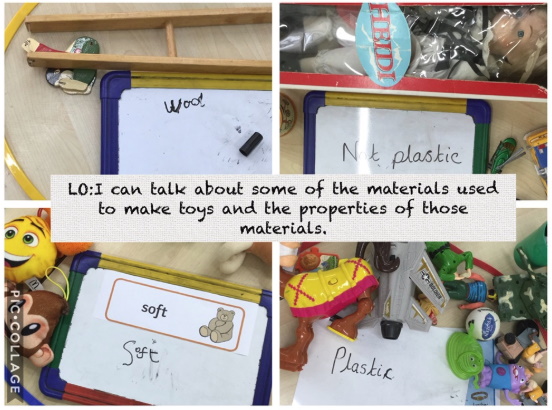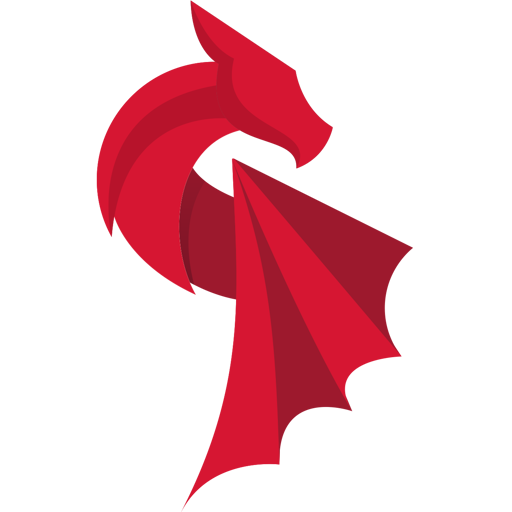Science
Science provides the foundations for understanding the world. Through building up a body of key foundation knowledge and concepts, children are encouraged to recognise the power of rational explanation and develop a sense of excitement and curiosity about national phenomena. They will start to understand how science can be used to explain what is occurring, predict how things will behave , and analyse causes.


Planning
All our planning includes relevant key questions and misconceptions likely to occur during a science knowledge based topic. Our science planning is devised to provide opportunities for us to move pupils’ learning on through targeted questioning and challenging them by discussing misconceptions. Scientific enquiry skills are taught alongside stage appropriate subject knowledge. At Lyminster Primary School we use our working scientifically progression document to plan for stage appropriate scientific enquiry that is differentiated for each year group.
